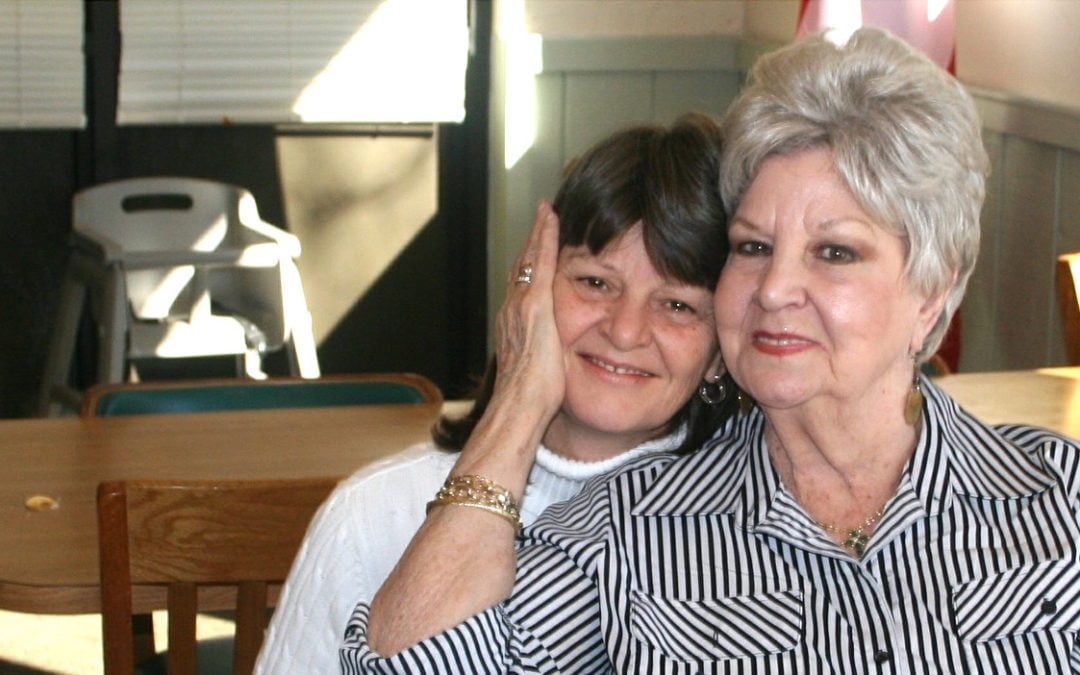Many elderly or disabled people struggle with hearing, reading, writing and general communication skills. We cannot verbally or non-verbally communicate with them the same way we do with our peers. It is important to understand that as people grow older, they often become more difficult to understand and communicating effectively with seniors becomes increasingly difficult.
Do not communicate quickly with the elderly or disabled when communicating, maintain eye contact, and speak clearly and directly to them. We may sometimes get in the habit of multitasking while speaking with our peers, resulting in a weaker message or conveying the message that we are not interested in what they have to say. Our peers understand and are accustomed to this communication method, however, elders not so much. They don’t live in as fast a pace world as the younger generations.
Elders may demand extra attention in conversations to not convey that you respect what they have to say, but also to ensure that they receive your message clearly. Another important factor is to communicate as simply as possible using small words, short sentences and visual aids. Many elderly or disabled people have short-term memory loss, which means that they may struggle to remember recent events or conversations that you may have had with them.
If an elder makes a statement that you do not agree with, do not argue with them or attempt to instill your logic. While you may be able to have casual arguments with your younger friends and family, elderly adults can also be very close to their beliefs and you should not get them overly exited. It may be fine to have relaxed discussions about events, but disputing personal beliefs and values is rarely accepted in any social context.
To help elders recall what you are communicating to them, you should re-state key ideas of the topic frequently. Some believe that repeating key points three times helps people to remember the points later on. Many authors use this same technique by stating the key points in the introduction and conclusion.
Professional authors are presenting the important features of the overall message that they want their readers to recall. This may not always be important when communicating with the elderly and some may find it offensive. It is a helpful technique if you notice that the elder has difficulty remembering the key points of your conversations.
Listening to elders can also play an essential role in the communication process; communication is a give-and-take relationship. Sometimes, we may be focusing on our own thoughts and responses and do not pay enough attention to the other person’s message. By taking the time to listen and asking the elder questions, you may find that all other aspects of communication improve as well. The elderly are not the only ones who want to be listened to and heard, although it is especially important that they are. In today’s conversations with our peers, some have come to expect that the person is not fully engaged in our conversation.
Making sure that you receive the sender’s message is essential to have an appropriate response, sometimes we may be thinking about our response while the other person is still talking. By listening intently, we can often understand communication on a greater level, respect the sender and learn more about them.
You may find that this technique of communication will carry over into all aspects of your life. If you have ever watched an interview on television,you can observe how intently the interviewer appears to be listening to the interviewee. Expert communicators have developed great listening skills, because they understand how important listening is when speaking with someone.
It is important to allow extra time for the elder to ask questions when you are communicating and express their reaction to what has been said. Elders have a tendency to struggle when conveying their thoughts and feelings; sometimes there is a time lapse that is longer than younger adults.
Although waiting for a response can be trying at times, it should not prevent you from asking questions. Keeping elders engaged in the conversation helps you to understand them better, strengthens your relationship and gives them confidence. By taking measures to improve message quality and using the basic principles of communication, you can enrich all conversations with the elderly.
The positive aspects of good communication are present in all social environments and mastering them will help you to convey your messages more effectively. By using some of the same techniques to communicate as the professionals do, you can enhance the elder’s chances or receiving your message and improve the relationship.
Key Points
1. Be patient when communicating.
2. Keep messages short, simple and to the point.
3. Focus on listening and interpreting verbal and non-verbal communication.
4. Use non-verbal gestures to complement your verbal message.
5. Summarize and repeat key points if necessary.
6. Never dispute beliefs or argue with the elderly.
Contact Friendly Faces Senior Care, expert providers of home health care in Pearland and the surrounding areas, for help communicating effectively with seniors or for more information on how our services can help you and your loved ones.

